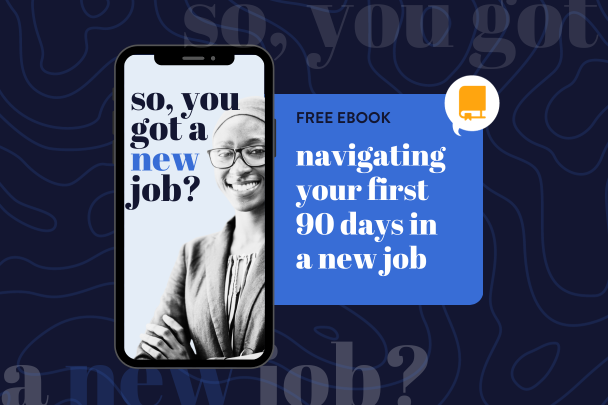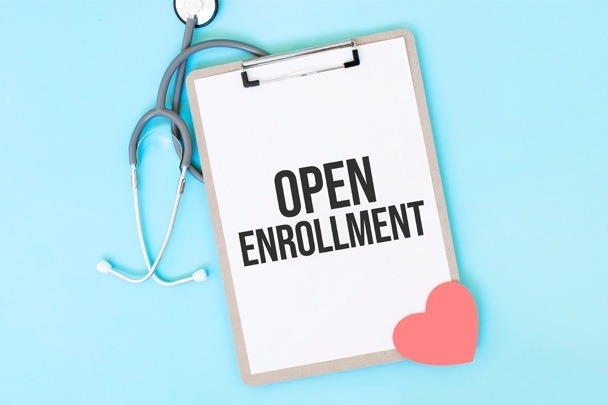Interviewing is stressful. What can be more stressful however, is experiencing a painfully long job search and still not getting a job offer. Naturally, candidates are left with one important question. Why? Feedback is a key component to improvement, but feedback can be hard to obtain. It’s not easy to know how to ask why you didn’t get the job.
Here are three common reasons you didn’t get the job:
1. You may have lacked a skill or enough experience in a particular area
2. The way you communicated your expertise wasn’t as effective as the person who got the job offer
3. Something in your personality prevented you from getting the job
Some candidates are very aware of why they didn’t get the job, while others have more difficulty discerning the cause. Regardless of which category you fall into, it’s definitely worth asking for feedback.
Below are guidelines that explain how to ask why didn’t get the job:
1. Who to Ask
Third-party Recruiter:
If you obtained the interview through a third-party recruiter, that is the person to ask. The good news is that you’re most likely to get the most honest feedback from a third party. Why? Because the hiring manager and recruiter usually have an established relationship so the hiring manager will speak more freely with the recruiter.
Additionally, your third-party recruiter has a vested interest in setting you up for success for your next interviews. As a result, s/he will be more willing to share potentially uncomfortable feedback with you. Part of your working relationship with your recruiter should be based on open dialogue, so it’s really important you take the feedback they offer to heart. Remember, they don’t get paid unless you get hired, so they have no reason to steer you in the wrong direction.
Internal Recruiter:
If your interviews were set up through an internal recruiter, they generally will have an understanding of why you didn’t get the job. They are usually dealing with so many candidates that hearing back from them may be challenging. But assuming you developed a good rapport with them during your interview process, they should be able to offer some insight as to why another candidate was chosen over you. If your rapport was strong, you may be lucky enough to receive feedback that goes beyond the fact that someone was more qualified. For example, you may be told that being late to the last interview is what contributed to the hiring manager’s final decision.
Hiring Manager:
Hiring managers are a logical source for feedback. Why not go directly to the person who made the hiring decision, right? If the hiring manager has given you their contact information, it’s ok to follow up with them. However, it can be very difficult for hiring managers to offer feedback for a few reasons. Often times, the hiring decision is based on intangibles, such as a gut feeling, that can be very hard for someone to articulate.
One important thing to note however, is that many hiring managers avoid giving any feedback based on your attitude or personality. This type of info could be critical to enhancing your interview skills. If you happened to have unknowingly projected a bad attitude, they’re not likely to tell you. No one wants to give that kind of feedback. Ironically, that’s the type of feedback you can expect from a third-party recruiter who really wants to help you!
2. How to Ask
Third Party Recruiter:
The great thing about an agency recruiter is that you generally won’t have to ask. They will look to communicate this information to you proactively as they help you navigate the interview process. This will generally take place over a phone conversation.
Internal Recruiter:
Unless the internal recruiter is calling you to tell you that you didn’t get the job, you should send an email. Calling to ask for feedback from someone not expecting to have the conversation can make them uncomfortable. The last thing you want to do is to put them on the spot. Don’t forget they could still consider you for other openings!
Hiring Manager:
You can treat the hiring manager in the same way you would the internal recruiter. Don’t call. Instead compose a brief and well crafted email.
When composing your email, be concise and positive. Make sure you convey that you really enjoyed the interview process. Add that while you’re sad you weren’t selected, you’d love to be considered for other openings. Then close with an ask for feedback such as, “If there is any feedback you can offer regarding my interview, I’d love to use it to improve and hope you’ll feel comfortable sharing your thoughts.”
Also keep in mind that your tone should mimic the tone of the rapport that you were able to create with the person you’re sending the message to. If you’re sending an email to both the hiring manager and recruiter, don’t put them on the same email and don’t send them the exact same note. You’ll want to personalize each communication. The tone of your email to the internal recruiter may be very different than that of the hiring manager.
3. When to ask
Third Party Recruiter:
Your third-party recruiter will usually want to speak with you right after an interview to get your feedback. However, it’s unlikely they will have any client feedback to offer you at that time. Clients usually offer agency recruiters feedback at the end of the day or at the end of the week so they can discuss their thoughts on multiple candidates at once. Your recruiter will most likely follow up with you soon after getting client feedback. If you haven’t heard anything after 3-5 business days, proactively connect with your recruiter.
Internal Recruiter:
As mentioned, if the internal recruiter calls to let you know you didn’t get the job, it’s ok to gently ask if they have any feedback to offer. Just be sure not to sound defensive or to push for feedback if they are clearly avoiding the topic. If you are sending an email, you’ll want to do it within a day or two of receiving the news. Internal recruiters deal with lots of candidates and you want to receive any feedback you can while you’re still fresh in their mind.
Hiring Manager:
It’s unlikely that the hiring manager will call you to tell you didn’t get the job, but if they do, you can ask if they have any feedback to share. However, it’s most common to ask via email. Again, you’ll want to ask within a day or two after finding out you didn’t get the offer, while the hiring manager can still remember the details of your interview.
Hopefully you’ll receive tangible information that you can action to improve your interviewing skills. Just remember that any feedback you receive is only meant to help you in future interviews. Don’t use the information as a means to help you try to change their minds about hiring you for the current role. And whatever you do, don’t get defensive about the feedback you get. If you asked for it, you have to take it graciously. What you do with it after that is up to you!










